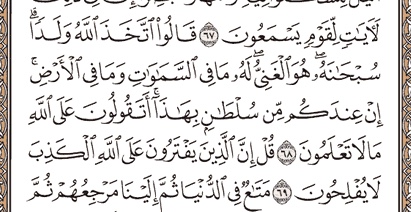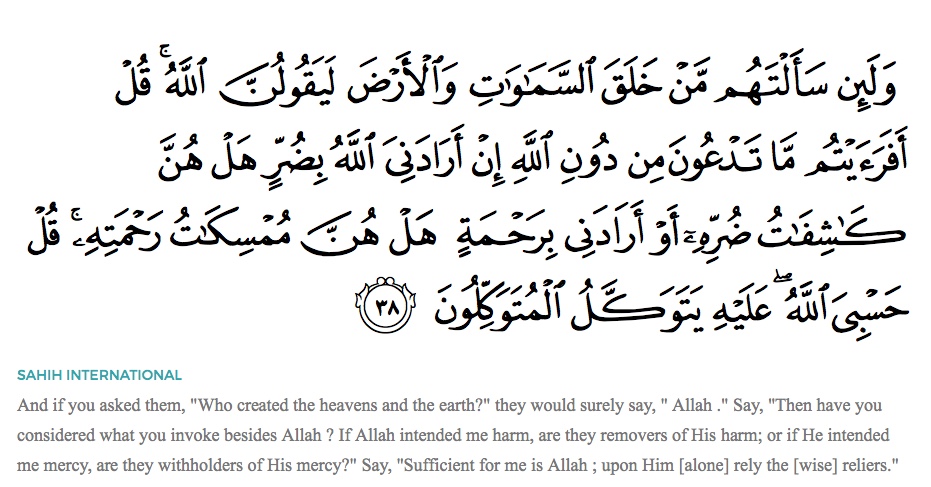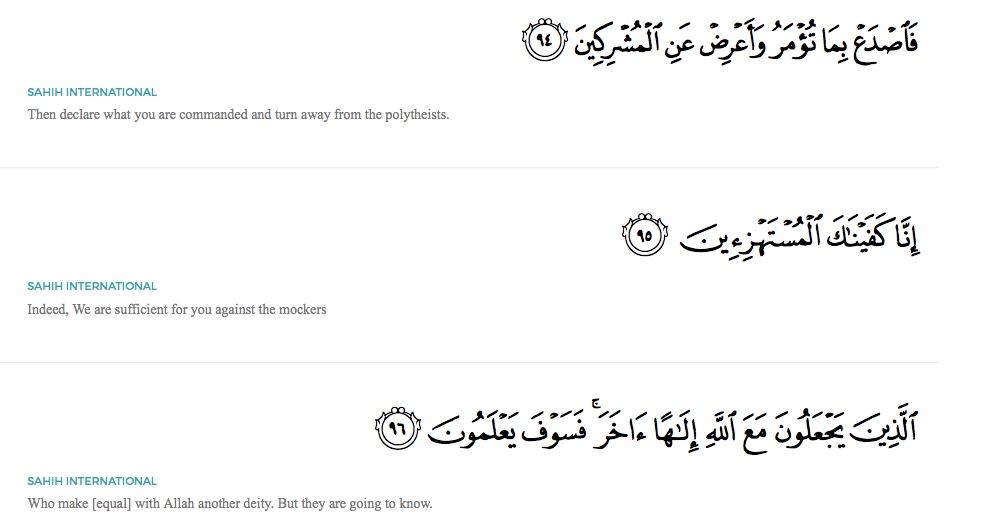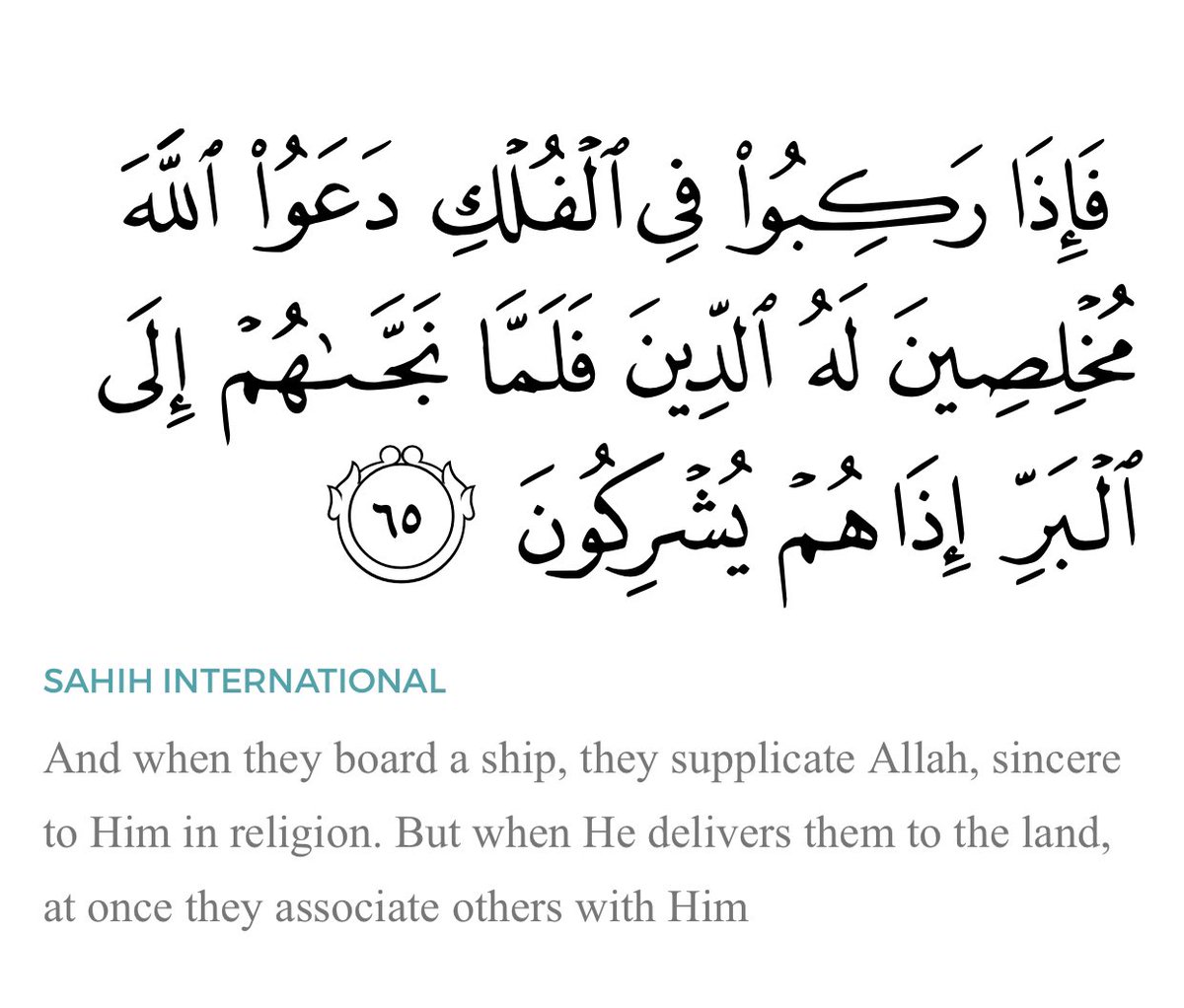1/Next month I start my fellowship at Cambridge University. The project is about the quranic "pagans," picking up where Patricia Crone left off. In the main I will investigate the religion and philosophical worldview of the "pagans" or mushrikūn of the Quran. A background thread.
2/The Quran speaks only of a handful of religious communities, e.g. Jews, Christians, Sabians(?), and Zoroastrians. Using contemporaneous literature and the Quran itself we can gain some useful insights about these communities and/or their beliefs. But what about the "pagans"?
3/The Quran gives us good clues to help understand the "pagans" who emerge as the chief adversaries of the Prophet Muḥammad and perhaps the most-mentioned theological interlocutors during his career.
4/Should we speak of the "pagans" as a religious group? Did they belong to a specific religion? This is a difficult question to answer. But it would help if we consider the late antique context & epistemic spaces to better understand the conceptual meanings of "religion" (دين)
5/The Arabic dīn is a cognate of Hebrew-Syriac DYN, "to judge". In Hebrew דן (dān) = judgement, while דין (dīn) = legal religion, or law. Similarly, in Syriac ܕܐܢ (dān) = judgement, while ܕܝܢܐ (dayānā) = judge, and ܕܐܝܢ (dīn) = religion.
6/In its quranic usage dīn denotes obligation and submission. Some German orientalists suggested a Middle Persian connection linked to the word den = revelation. But could the semitic meaning of the term dīn apply to the "pagans" of the Quran?
7/Long ago the Japanese Islamicist Toshihiko Izutsu (d. 1993) proclaimed, audaciously, that the & #39;pagan [of the Quran] understanding of God was surprisingly close to the Islamic concept& #39;. This seems odd at first. Muslims identify mushrikūn (مشركون) as pagans.
8/Whereas the Prophet Muḥammad identified his God as God of Moses and Jesus. Moreover, the God of Abraham and Moses is a deity who revealed Himself to particular people at particular times. Was Izutsu wrong?
9/Originally "paganism" was used as pejorative term by Christians against non-Christian Roman religions, as well as the religious peasantry. Latin: paganus = countryside, peasants, rustic, etc. But Pagans could be monotheists, polytheists, henotheists, or kathenotheists.
10/The so-called pagans of the Quran are quite odd and misunderstood. They& #39;re accused of shirk (شرك). But is "paganism" the most apposite translation of shirk? I don& #39;t think so. I prefer "associationism". Clearly, there& #39;s a difference between shirk and kufr (كفر).
11/It& #39;s wrong to think of the mushrikūn as disbelievers or infidels. The "pagans" of the Quran accept that Allāh is the God of the Jews and Christians (and Muḥammad). Moreover, Muḥammad and his pagans opponents worshipped the same God, the Sovereign God of the Quran.
12/The Quran& #39;s main charge against the mushrikūn is the invention of lies about Allāh, as 18.15 states quite clearly. This charge is repeated throughout in 6.21, 7.37, 10.17, 11.18, 29.68, 61.7.
13/What are these lies invented by the mushrikūn? Quran 10.68-69 mentions the main one: “They say, ‘God has begotten offspring’ … Say: those who attribute a falsehood to God will never prosper. Say, "Indeed, those who invent falsehood about Allah will not succeed."
14/What should we make of such verses? One thing is certain: Quran does not consider the mushrikūn deniers of God, nor does it relegate them to disbelief. The mushrikūn are believers in the sense of conceding God& #39;s existence and his role as creator of the cosmos. Evidence?
15/In the following verses the mushrikūn are described as upholders of God& #39;s existence and believers in God& #39;s creative agency and originator of the cosmos: 39.38, 31.25, 43.9.
16/Closely related to the invention of lies ascribed to God, the quranic animus towards the mushrikūn is also predicated on their belief in lesser deities beside Allāh. These deities were not always called gods.
17/In numerous verses the Quran underscores this belief as another reason behind the hostility towards the mushrikūn, for example: 19.81, 21.21, 36.23, 18.15, 36.74, 21.43, 21.22, 17.42, etc.
18/The Quran is quite specific in stating the mushrikūn believed in Allāh but - and this is the punchline - they took lesser deities beside Allāh (مع الله)
19/Does the Quran mention the names or appellations of these lesser deities? “Ask the messengers whom we Sent before you: have We set up gods to be worshipped apart from al-Rahman?” (43.45). Names are rarely mentioned. But, i.e., 37.125, Baʿl (بعل ) is one such lesser deity.
20/Baʿl (Hebrew: בעל) is an old Semitic term for “master" or "owner.” It was widely used to refer to the “local god” (fertiliser of the soil). In other instances Quran names celestial objects taken by mushrikūn as lesser deities beside Allāh. END.

 Read on Twitter
Read on Twitter









